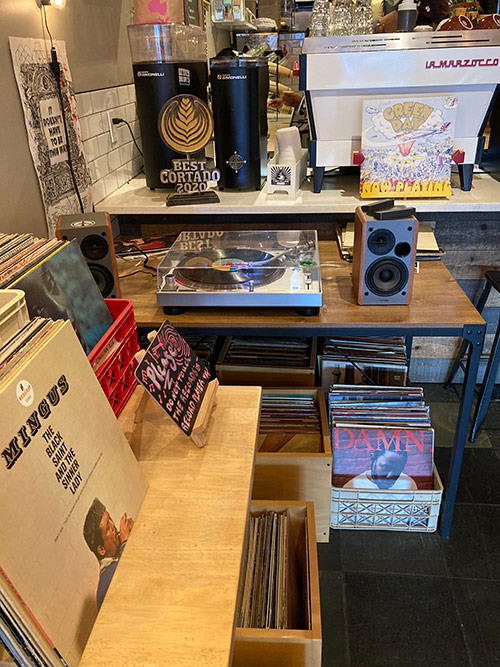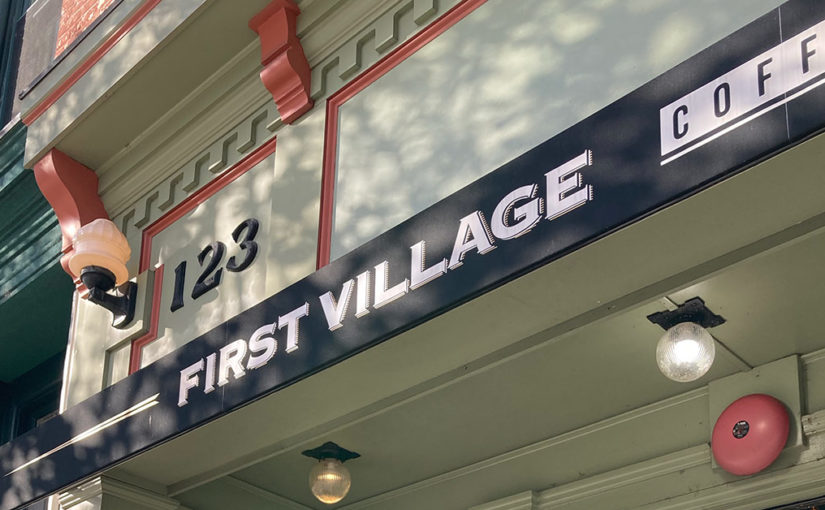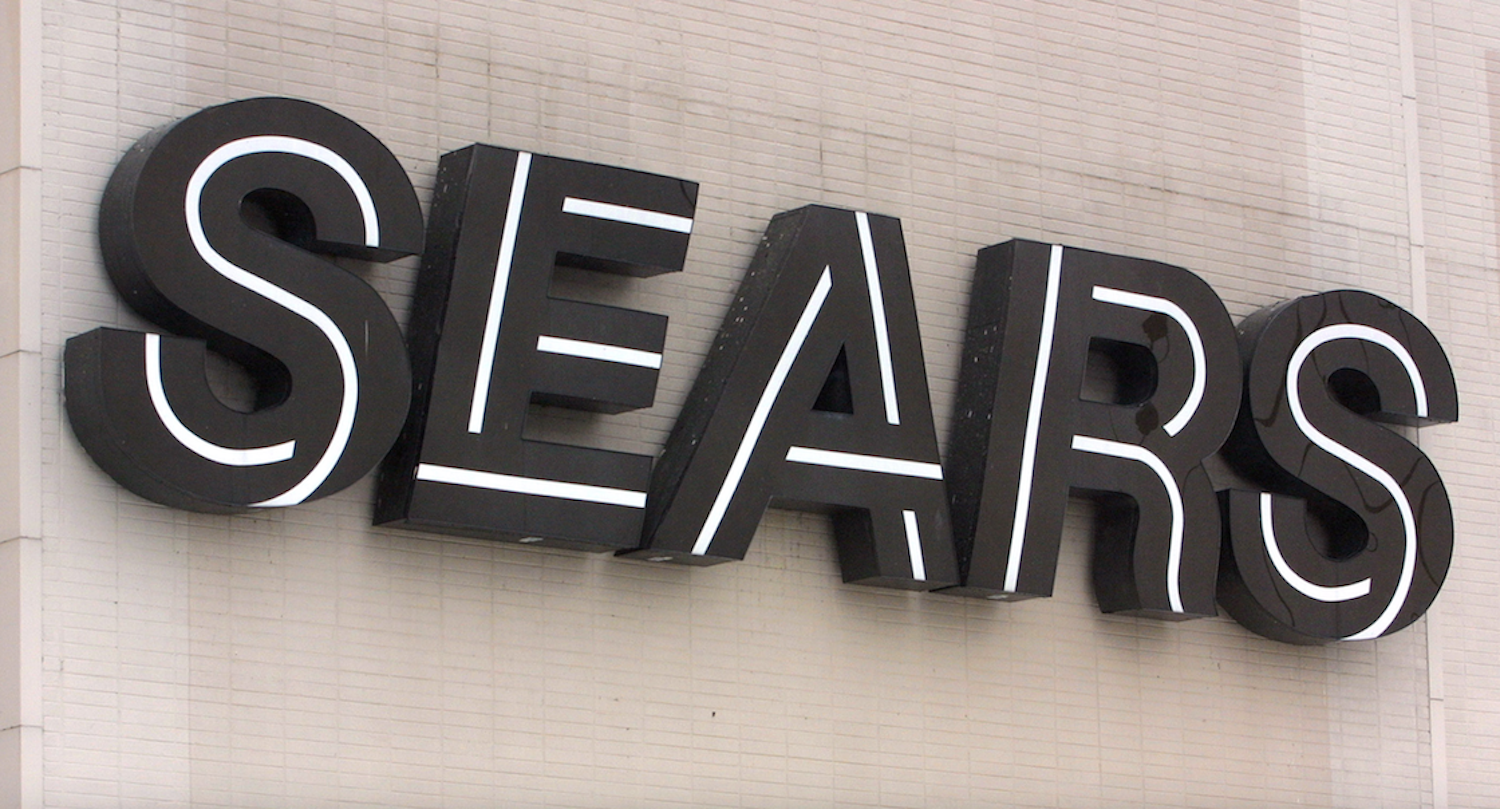Usually about once per week, I drive to a coffee shop in Ossining, NY called First Village Coffee. Ossining is about 30 minutes north of where I live in the northern suburbs of NYC. Not terribly far, but pretty far for coffee.
I first started visiting First Village when my wife had an art installation there. I really enjoyed the ambiance – the owner always has a featured artist and regularly plays records in the store versus the normal Spotify playlists. At that time, I also realized that the coffee is pretty amazing and the baked goods are made on-site versus shipped in like many spots. I also learned that the owner, Luis, is a really nice guy and his employees follow his lead and are nice too.
After my wife’s installation ended, I wasn’t sure if I would make the trek to First Village anymore. Again, 30 minutes is pretty far for coffee, and I have the normal players (Starbucks, Dunkin’) in or near my town. But, I kept going. And I keep going all the time. In fact, I look forward to it, even during the pandemic, when sitting inside isn’t as possible as it once was.

I’ve thought a lot about why I keep going. Great coffee? True, but great enough to drive for 30 minutes? Nice people and ambiance? Totally, but lots of people are nice. I eventually realized it’s a combination of things that puts First Village over the top, and losing any one of them could affect my loyalty. I also realized that this combination actually results in delight, and that’s what I actually crave, not any one of the components individually.
I’ve been thinking about an equation like this one:
product (coffee + baked goods) + experience (service, ambiance) = delight
I actually figured this out when, during one visit, Luis wasn’t there. While this is totally fine because how could he possibly always be there, I realized the experience was not the same without him. This affected my delight. Not dramatically so, but enough to think about it. Yet not enough to stop visiting. But imagine if the coffee that day was bad too – now that’s two dings in the delight equation, and maybe I take some time off from visiting again.
I feel like the equation can be mapped to most businesses. I remember working at Indeed and regularly prioritizing the speed of the site. The product was definitely good, but having it also be wicked-fast (experience) provided delight for job seekers. And because the job boards of the time were incredibly slow, speed was also a differentiator – nobody else was prioritizing it.
Thinking about Indeed made me realize that a differentiator could add a sort of delight boost to the equation, and that can happen in the product itself or in the experience. For example, knowing the owner at First Village adds an experience boost that I can’t get anywhere else – it’s a differentiator. So my delight is higher. When comparing two businesses with the same level of product and experience levels, the one with a differentiating boost in delight wins. With First Village it’s knowing Luis, with Indeed it’s the speed of the site.
It’s been fun to think about coffee shop visits, software and other things this way. Why are they so great, or so bad (it definitely works in both directions)? And what are the tipping points and differentiators in those equations?


